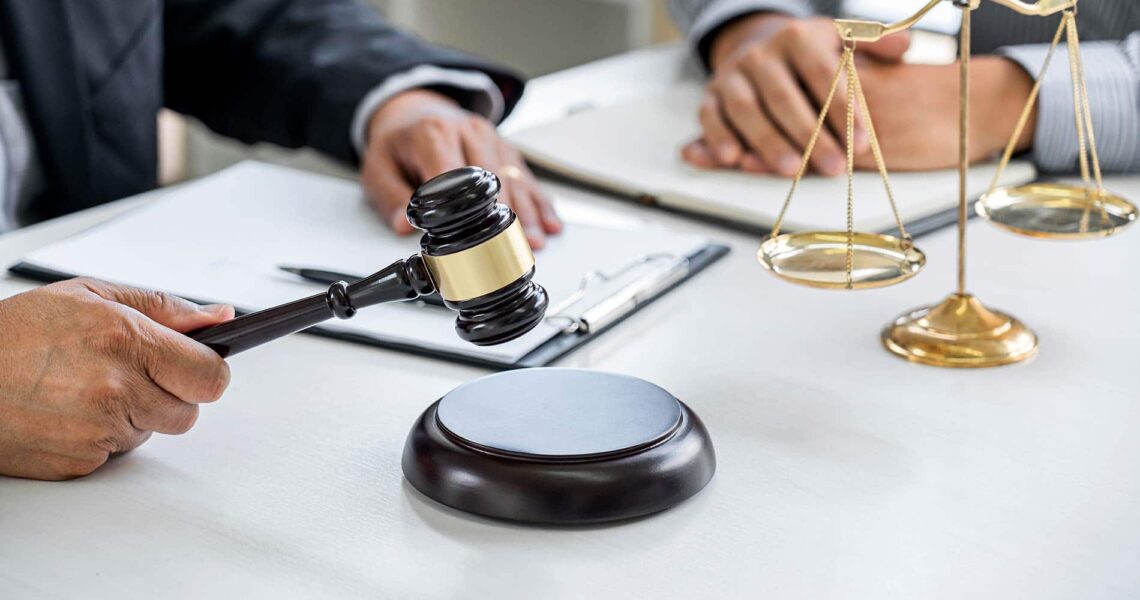What Is Conveyancing and Why Is It Essential in Property Transactions
August 1, 2025
Buying or selling property is one of the biggest financial decisions most people will ever make. It’s exciting—but also complex. Beneath the surface of house inspections, loan approvals, and contract signing lies a critical process that makes everything legally binding and secure: conveyancing.
Whether you’re a first-time buyer or an experienced investor, understanding what conveyancing is—and why it matters—is essential. It can mean the difference between a smooth property transfer and a stressful legal nightmare.
What Is Conveyancing?
At its core, conveyancing is the legal process of transferring ownership of property from one person to another. It involves preparing, verifying, and lodging documents, as well as handling the financial and legal matters involved in buying or selling real estate.
Think of it like the legal engine running in the background of your property deal. While it might not be the most glamorous part of the journey, it’s certainly one of the most important.
Why Conveyancing Is Essential in Property Transactions
Property law is full of rules, regulations, and potential risks. That’s where conveyancing comes in. It ensures:
- The legal transfer of property is valid
- There are no hidden issues (like unpaid rates, restrictions, or disputes)
- All contracts are properly reviewed and understood
- Your rights—whether as a buyer or seller—are protected
Let’s say you purchase a property, only to discover after settlement that there’s an unresolved boundary dispute or an undisclosed caveat on the title. Without proper conveyancing, you might be stuck with expensive legal battles that could’ve been avoided entirely.
See more: Conveyancing Fees Explained: What to Expect in the Process
Who Performs Conveyancing?
Conveyancing can be carried out by either a licensed conveyancer or a solicitor who specialises in property law.
🔹 Conveyancers
Conveyancers are professionals who focus solely on property transactions. They’re usually more affordable and perfectly suitable for standard residential sales and purchases.
🔹 Solicitors
Solicitors are fully qualified lawyers. If your property transaction is more complex—such as involving a family trust, commercial property, or disputes—a solicitor may be more appropriate.
In Australia, both conveyancers and solicitors can legally perform conveyancing. The key is choosing someone experienced and reputable.
Key Stages of the Conveyancing Process
The process begins once an offer is accepted on a property and continues until settlement day, when ownership officially changes hands. Here are the main steps:
1. Contract Review
Before anything is signed, your conveyancer will carefully review the contract of sale. They’ll check for special conditions, ensure it complies with legal requirements, and alert you to any unusual clauses or risks.
2. Searches and Title Checks
This includes checking the certificate of title, property zoning, easements, council rates, outstanding mortgages, and any restrictions on the land. The goal is to ensure there are no surprises after you buy.
3. Negotiations and Adjustments
If issues arise during review, your conveyancer can negotiate amendments to the contract. They’ll also calculate financial adjustments like rates, water, and land taxes so everything is fair at settlement.
4. Signing and Exchange
Once both parties agree, the contract is signed, and a deposit is paid. At this point, the deal becomes legally binding.
5. Pre-Settlement Preparation
Your conveyancer works with your bank (if you have one), ensures all documents are ready, and confirms the settlement date. They’ll also prepare a settlement statement so you know exactly what’s due.
6. Settlement Day
The funds are transferred, the title is updated, and keys change hands. Congratulations—ownership is officially yours!
Risks of Not Using a Qualified Conveyancer
You might be tempted to save money by doing it yourself or using a budget service, but property law is not a DIY task.
Here’s what could go wrong:
- Missing key dates like cooling-off periods or settlement deadlines
- Failing to identify title issues, such as caveats or encumbrances
- Misunderstanding legal terms or contract conditions
- Delays in processing, risking breach of contract
- Financial loss from incorrect adjustments or penalties
Real-life example: A couple bought their first home and decided to manage the paperwork themselves. They didn’t realise the previous owner had unpaid council fees, which were passed on to them after settlement—adding over $4,000 to their purchase cost.
The small fee for a qualified conveyancer could’ve saved them thousands.
Common Challenges in Property Transactions—and How Conveyancers Help
Conveyancing is not always straightforward. Issues can pop up at any stage, including:
📄 Contract Disputes
A buyer might want to exit after the cooling-off period. A seller might challenge a buyer’s finance condition. Conveyancers help mediate and resolve such conflicts legally.
🏡 Unregistered Easements
An easement is a legal right for someone else to use part of your land (e.g., a shared driveway). If unregistered, it can create serious disputes. A good conveyancer spots these before settlement.
⏳ Delays in Finance or Approvals
Conveyancers liaise with banks, councils, and other parties to avoid last-minute hiccups that could derail your purchase.
📝 Incorrect Paperwork
Something as simple as a misspelled name or incorrect lot number can delay your settlement or make the transfer invalid. Your conveyancer makes sure all documents are accurate and compliant.
In short, they’re your legal safety net throughout the transaction.

Conveyancing in Australia: What to Expect
In Australia, each state and territory has its own property laws and procedures. Whether you’re buying in New South Wales, Victoria, or Queensland, conveyancing rules and documentation will vary.
For example:
- In NSW, electronic conveyancing via PEXA is now standard
- In Victoria, buyers get a Section 32 Statement disclosing important property details
- In Queensland, conveyancing includes specific cooling-off and building inspection clauses
That’s why it’s crucial to hire a conveyancer or solicitor who understands the local laws and regulations of your state.
Real-Life Scenario: Smooth Sailing with the Right Conveyancer
Jack and Amanda, a young couple buying their first apartment in Melbourne, were nervous about the legal side of things. They hired a local conveyancer recommended by a friend.
Their conveyancer spotted an issue in the contract—there was a special condition that allowed the developer to delay settlement by 6 months. She negotiated it out, saving the couple from unexpected costs and headaches.
The settlement went smoothly. Jack later said, “Honestly, I didn’t know what half the words in that contract meant. Having someone on our side made all the difference.”
Conclusion: Protect Your Property Journey
Buying or selling property isn’t just a financial decision—it’s a legal one. That’s why conveyancing is not optional; it’s essential. It’s the process that ensures your rights are protected, your paperwork is correct, and your dream home doesn’t turn into a legal nightmare.
📌 Take the Next Step with Confidence
If you’re planning a property transaction—whether buying, selling, or investing—don’t leave the details to chance. Consult a qualified conveyancer or solicitor to guide you through the process with clarity and peace of mind.
Because when it comes to property, it’s not just about closing the deal.
It’s about protecting your future.